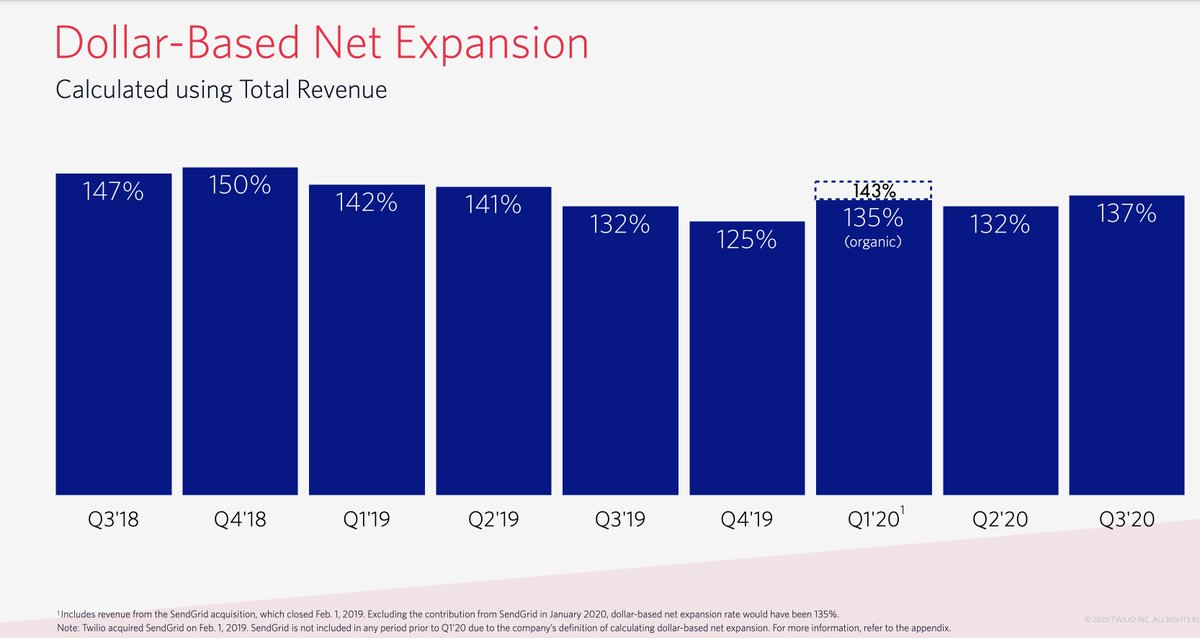
I’m no @HarryStebbings, but having done a lot of interviews of busy decacorn and unicorn CEOs, a few tips for podcasts + interviews:
#1. You’ll be surprised who you can get via outbound — >if< the pitch is strong.
Really research guest you want & find a way to appeal to them
#1. You’ll be surprised who you can get via outbound — >if< the pitch is strong.
Really research guest you want & find a way to appeal to them
#2. Don’t make VIP guests, or any experienced guest, do a prep call.
But do ask if they want to do one.
Some folks will decline the invite if there is too much prep work (e.g., me). Others will appreciate it, especially for top events, podcasts, etc.
But do ask if they want to do one.
Some folks will decline the invite if there is too much prep work (e.g., me). Others will appreciate it, especially for top events, podcasts, etc.
#3. Send the list of questions you have for the guest over 3+ days in advance.
I do it in a Google Doc so they can make edits, add stuff.
Everyone reads it. Everyone. So they prep that way.
I do it in a Google Doc so they can make edits, add stuff.
Everyone reads it. Everyone. So they prep that way.
#4. For a while, folks didn’t really want to hear “early days” stories. Unicorns used to rare, & folks wanted to hear what that was like.
But the pendulum has swung back. With 500+ unicorns, attendees now believe they can do it.
So they want to hear how it all got going.
But the pendulum has swung back. With 500+ unicorns, attendees now believe they can do it.
So they want to hear how it all got going.
#5. It’s OK to ask the same question to a CEO / guest they’ve been asked 100 times.
As CEOs, we’re used to telling certain stories again and again.
But try to get a new angle out of it. They often sparkle when there’s a new insight to tell on a well-told story.
As CEOs, we’re used to telling certain stories again and again.
But try to get a new angle out of it. They often sparkle when there’s a new insight to tell on a well-told story.
A few other tiny tips:
- Schedule it whenever it works for them, not you.
- Most top CEOs show up early. So ask them when they log on if there are 1 or 2 things they really want to talk about. They’re usually excited about those things = good content.
- Bad audio is fatal.
- Schedule it whenever it works for them, not you.
- Most top CEOs show up early. So ask them when they log on if there are 1 or 2 things they really want to talk about. They’re usually excited about those things = good content.
- Bad audio is fatal.
Lastly, and it’s a shame no one does this:
Send all your guests a video / audio link and file of the interview, and tell them to use it wherever & however they want
They almost always at least put it up on their blog, etc.
Free extra distro.
But no one does this.
Send all your guests a video / audio link and file of the interview, and tell them to use it wherever & however they want
They almost always at least put it up on their blog, etc.
Free extra distro.
But no one does this.
Here were our top 10 most popular digital sessions of 2020. You can get a really good sense of what really works from them:
saastr.com/500000-tuned-i…
saastr.com/500000-tuned-i…
• • •
Missing some Tweet in this thread? You can try to
force a refresh



